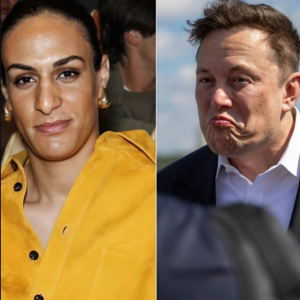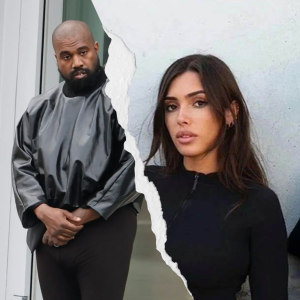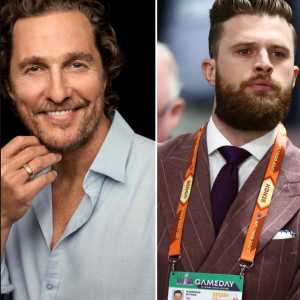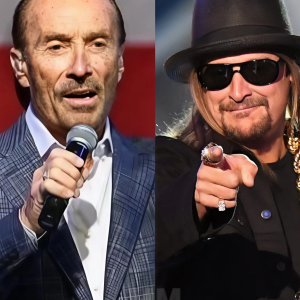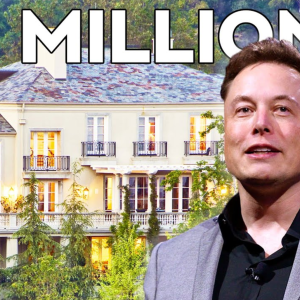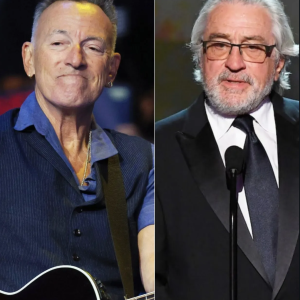Pressure is mounting on state and federal prosecutors to investigate tech billionaire Elon Musk’s $1 million lottery-style giveaway to registered voters in seven battleground states.
A Justice Department spokesperson said Tuesday that it had received a letter from 11 former government officials including several Republican ex-prosecutors urging the department to investigate whether Musk’s daily prizes violate a federal law prohibiting paying people to register to vote.
The DOJ spokesperson declined to comment further and would not say whether the department had opened an investigation.
A source familiar with the efforts of Musk’s super PAC, America PAC, said Tuesday: “The PAC is confident in the legality of this initiative.”
Musk announced Saturday that he would be awarding $1 million a day to one person in a swing state who had signed his pledge in support of the First and Second Amendments. To be eligible, signatories must be registered in a swing state.
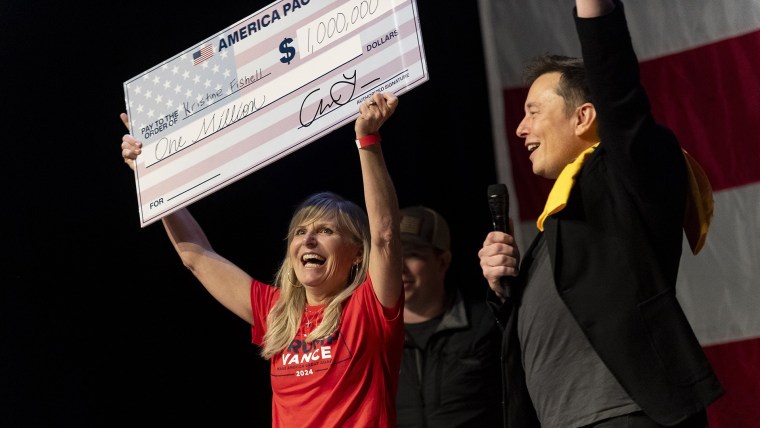
The first three winners were from Pennsylvania, and starting Tuesday the contest was expanding to include petition-signers registered to vote in the other six swing states — Arizona, Georgia, Michigan, Nevada, North Carolina and Wisconsin — according to the contest website.
The giveaway is part of Musk’s support for former President Donald Trump in his attempt to return to the White House.
“Our goal is to get 1 million registered voters in swing states to sign in support of the Constitution, especially freedom of speech and the right to bear arms,” the contest website says.
Musk said Saturday that, in exchange for the $1 million daily prize, he has asked the winners to “be a spokesperson for the petition.” The petition is two sentences long: “The First and Second Amendments guarantee freedom of speech and the right to bear arms. By signing below, I am pledging my support for the First and Second Amendments.”
At least two of the winners so far have appeared in minute-long videos for America PAC talking about their support of Trump. The videos also include footage of Musk handing the winners large checks for $1 million each.
But the contest falls into a legal gray area and could potentially violate election law, according to interviews with several election law experts. While paying someone to vote or to register to vote is explicitly illegal under federal law, the lottery is contingent on signing a petition rather than merely registering to vote.
The letter from 11 former government officials — previously reported by The Washington Post — said they were “aware of nothing like this in modern political history.”
“Law enforcement agencies are appropriately reluctant to take action shortly before elections that could affect how people vote. But serious questions arising under laws that directly regulate the voting process must be an exception,” the former officials wrote.
“Otherwise, individuals may act with impunity, with consequences if any coming only long after the damage is already done,” they wrote.
State prosecutors in Arizona, Nevada, North Carolina and Pennsylvania declined to say whether they were looking into Musk’s drawings. Some added, though, that their priority was to ensure the integrity of this fall’s elections.
“The priority of the Pennsylvania Office of Attorney General is to ensure the integrity of all elections that occur in the Commonwealth. We are aware of this matter, and can neither confirm, nor deny, the existence of any investigation regarding it,” Brett Hambright, a spokesperson for Pennsylvania Attorney General Michelle Henry, said in a statement.
The office of Nevada Attorney General Aaron Ford said it was “aware of Mr. Musk’s activities” but, as a matter of office policy, would neither confirm nor deny the existence of an investigation.
“Our office will, however, vigorously enforce election laws, and we caution anyone against behavior that would run afoul of Nevada law,” John Sadler, a spokesperson for Ford’s office, said in a statement.
The state attorney general offices in Georgia, Michigan and Wisconsin did not respond to requests for comment.
Vice President Kamala Harris, the Democratic presidential nominee and a former California attorney general, was asked by a reporter Monday night in Michigan whether she had legal concerns about the $1 million prizes.
“I think people are looking into that,” she said.
Pressed by a reporter on what she knew, Harris added: “I hear that folks are looking into it just based on the stuff that you all are reporting.”
A Harris campaign spokesperson declined to comment further Tuesday.
Harris’ running mate, Minnesota Gov. Tim Walz, was asked about the legality of the Musk lottery Monday in an appearance on “The View.”
“I think that’s what you do when you have no plan for the public,” he told co-host Whoopi Goldberg.
Later Monday, Musk shared a video of “The View” segment on X and added: “The foaming-at-the-mouth reaction from radical leftists is worth it.”
